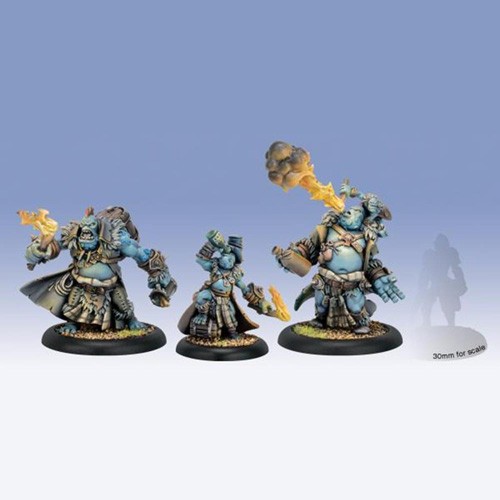
Now, it seems like the risk factor is a little higher, Andy.Ĭross: Yeah, I think so, Chris. It really does seem like a time for investors to look at the stocks in their portfolio and ask the question, "How much exposure do we have in China here?" For the longest time, China has been the great opportunity for so many businesses. Hill: To go back to one of the companies that you mentioned, Aaron, you look at Starbucks, on Friday, Goldman Sachs comes out with a downgrade of Starbucks, but it's basically tied to an economic slowdown in China. The pressure on the Fed chief is pretty significant. Gross: We've also got some consumer price information this morning that shows inflation is not necessarily something to worry about right now, which may give the feds some leeway here if they want to pull back on the tightening and let the economy go a little further, which, of course, Trump and others would love to see it. But when you pair on trade tensions, even thinking about the story this morning in which another Huawei executive in Poland was detained, I can totally see how those pressures could escalate and how, at some point, China could retaliate even harder on companies operating in China. I don't think the news about GDP growth rates or any of that really is the biggest existential deal.

If you think about Nike, Starbucks, Tesla, all of these big consumer-branded companies that also operate in China, they could get hit, especially if a lot of those companies' growth stories are dependent on China in some way.

But I think there's a chance that that might just be the first step of many. We saw Apple a week ago lower its guidance. and more what's going on with China and the slowdown there. So when you start thinking about where interest rates are going to go and all these uncertainties for them, they start saying, "Listen, we can't plan as aggressively as we would like to."Īaron Bush: The largest uncertainty to me is less than the U.S. This uncertainty, CEOs and chief financial officers don't like planning because it's so difficult to do when they don't know what's going to happen even over the next few months. Hill: Andy, we're seeing more and more CEOs come out, maybe not as strongly as Fred Smith at FedEx did a couple of weeks back, but more and more CEOs coming out and talking about their ability to plan in 2019 getting harder and harder.Īndy Cross: I think it has to, when you start thinking about a government shutdown the trade issues continue to be forefront for so many of the global companies, wondering what's going to happen with the trade issues. That will reverberate through the economy, for sure. You have housing, transportation, food, healthcare, all getting hit. Just the paychecks that are being forgone right now represent a loss of more than $2.2 billion in consumer spending. It's a human story, but there are real economic implications here. Ron, obviously we are business-focused investors, but how should we be feeling about the big macro stuff these days? We've got more evidence of an economic slowdown in China.

The government shutdown is now three weeks long, with no signs of an end in sight. Good to see you as always, gentlemen! We've got the latest headlines from Wall Street, we'll get a report from the Consumer Electronics Show in Las Vegas, and, as always, we'll give you an inside look at the stocks on our radar. Joining me in studio this week, senior analysts Andy Cross, Aaron Bush, and Ron Gross. 11, 2019.Ĭhris Hill: It's the Motley Fool Money radio show! I'm Chris Hill. The Must-Read Trump Quote on Social Securityġ0 Reasons Why I'm Selling All of My Apple Stock The $16,728 Social Security Bonus You Cannot Afford to Miss 3 Stocks That Are Absurdly Cheap Right Nowĥ Warren Buffett Principles to Remember in a Volatile Stock Market


 0 kommentar(er)
0 kommentar(er)
